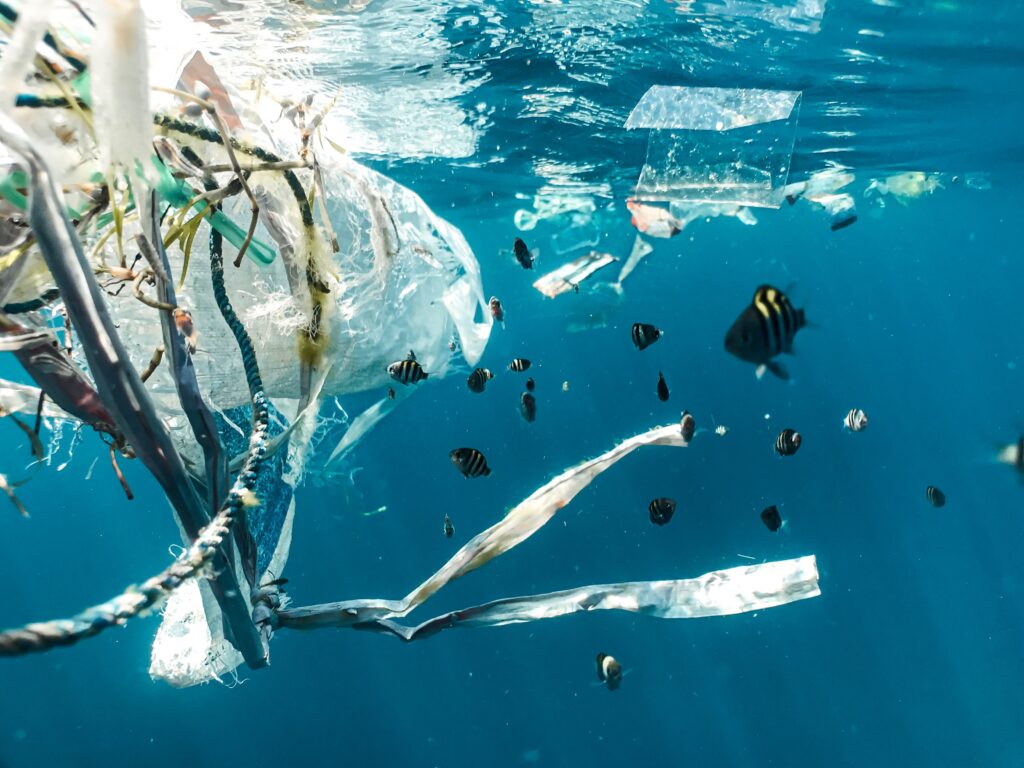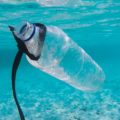It is estimated that plastic consumption will triple by 2060. Associations, companies and institutions are increasingly committed to combating the pollution caused by this material.

In a previous article, entitled "The plastic puzzle: from problem to opportunity", the increasingly topical problem of plastic, widespread in the soil and in the sea and the main cause of global pollution, was addressed. As is known, it is a material that has revolutionized society thanks to its versatility and cost-effectiveness, impacting all sectors.
Environmentalist associations (and others) are showing growing attention to this issue by boycotting multinationals not inclined to reduce their environmental impact caused by plastic.
According to a recent article by Maddalena Bindi, published on Futura Network: "Plastic has revolutionized the daily life of modern societies, offering versatile and economical uses in different fields, from the food sector to the health sector. According to the data of Global plastic outlook of the Organization for Economic Co-operation and Development (OECD), from 2000 to 2019 global plastic production doubled,reaching 460 million tons in 2019».
The point is that of all the plastic produced, only 9% is recycled properly: 69% ends up in landfills or incinerators and the remaining 22% is illegally disposed of, burned or released into the environment. The accumulation of plastic in oceans and rivers has inevitable and serious repercussions on aquatic ecosystems, health and on the economy with losses, if we think, for example, of the European tourism and fishing sector amounting to 630 million and 300 million euros per year. year. This dramatic scenario seems to be destined to worsen in the coming decades. In fact, "According to the OECD, if adequate measures are not taken, plastic consumption could triple by 2060, also due to the growth in demand in African and South-East Asian countries». These countries, in fact, suffer the consequences of the actions of Western countries as well as the cost of disposal: the 86% of dispersion, in fact, occurs in non-OECD countries.
"According to the OECD estimates eliminating plastic dispersion in the environment could lead to up to 0.8% of GDP global in 2060 which will weigh mainly on non-OECD countries. Cleaning costs and pollution damage, however, would be even more expensive. For this reason it is necessary to strengthen international cooperation, to share knowledge and allocate investment in the development of the circular economy and in the improvement of recycling and waste management systems in developing countries".
«Between the end of November and the beginning of December 2022, the first meeting of the Intergovernmental Committee in charge of the negotiations for the complete by 2024 legally binding agreement on plastic pollution. In March 2022, the United Nations Environment Assembly approved a resolution on the commitment to ratify a treaty to regulate the entire life cycle of plastics".
But other initiatives have been undertaken over the years: «Over a thousand subjects, including companies, governments and other organizations have voluntarily joined the New plastics economy global commitment, promoted in 2018 by the Ellen MacArthur Foundation and the United Nations Environment Programme, setting some goals to be achieved by 2025". Despite the progress, the same article always highlights an important fact of the Global Commitment 2022, namely the impossibility of reaching the established targets. «In 2021, for example, the total use of virgin plastic by signatories increased by 2.5%, returning to the level of 2018, while the percentage of recycled plastic in packaging decreased, reaching 1.2% of the total ».
Among the other stakeholders, there is also the European Union which since last July 2021 has established vetoes on some disposable plastic products: plates, cutlery, straws and cotton swabs. As of last November 2022, he also proposed "a new regulation to limit the consumption of single-use plastic packaging and encourage the use of recycled plastic". Member States have transposed the proposal by further tightening the restrictions in some cases.
The European directive was introduced in Italy only at the beginning of 2022 and provides for "the exclusion from the ban of biodegradable and compostable products that have a percentage of renewable raw material equal to or greater than 40% in 2023 and 60% in 2024".
It is necessary to rethink the interventions that can encourage the reduction of the use of plastic and packaging, as highlighted by the ASviS 2022 Report, partner of the Festival del Futuro, which has always supported this important value.
However, it is not all negative, some positive steps have been taken: one of these is the approval of the Provisions for the recovery of waste at sea and in inland waters and for the promotion of the circular economy, notes like "Law to save the sea", which promote the recovery of waste accidentally collected at sea.
Article adapted from “The world mobilizes against plastic pollution” by Maddalena Binda, Futura Network






